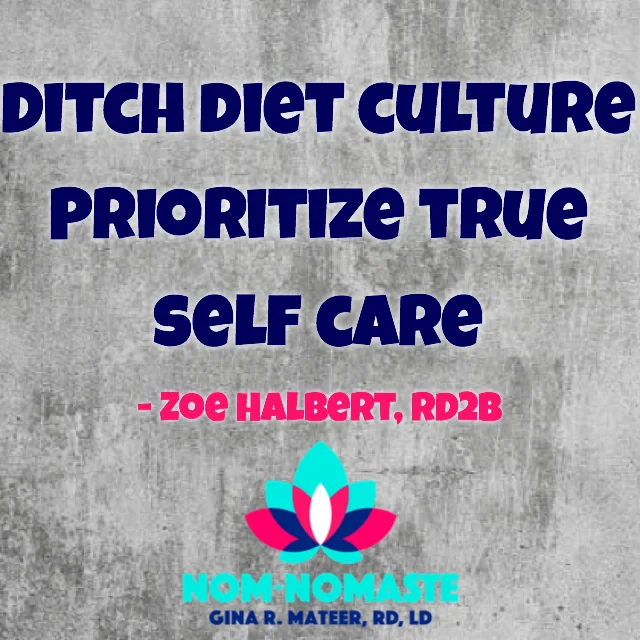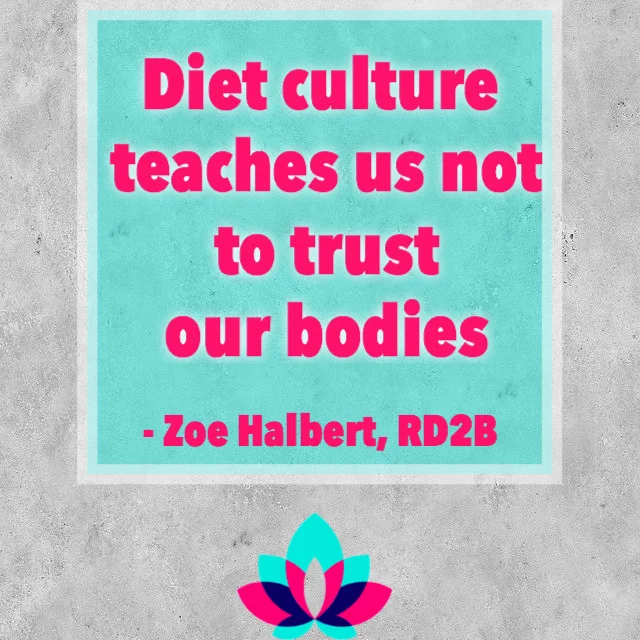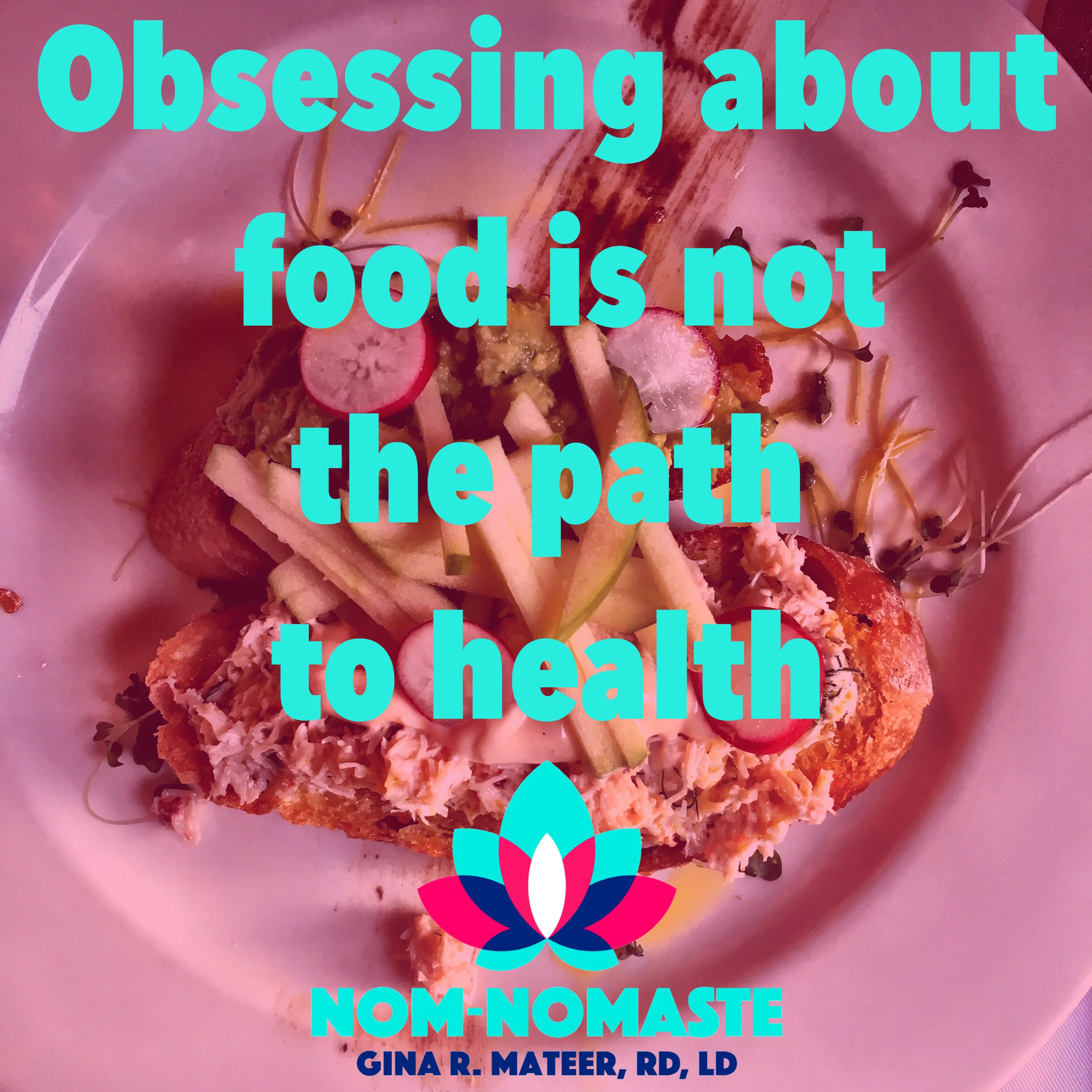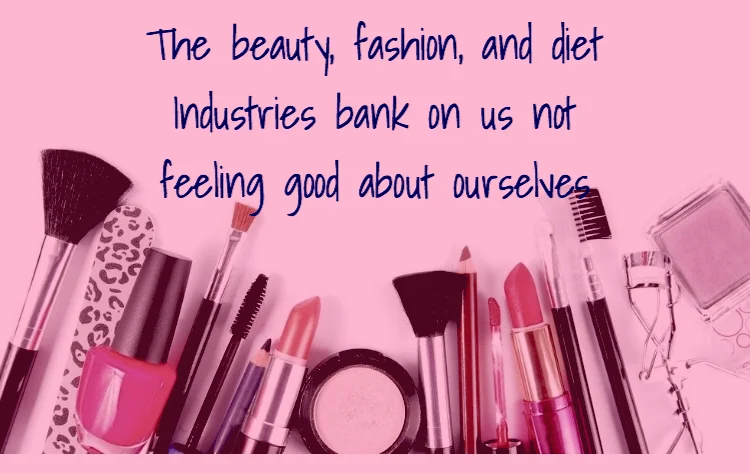What I Wished I Learned as a Nutrition Student (Guest Blog Post)
/I completely scored this summer with 2 awesome interns from the University of Texas. Anna Marie is wrapping up her specialty intern rotations by fully diving in to all things Eating Disorders and she has lots to share about what she wishes she would have learned while in her dietetic program.
Anna Marie Oglesbee
Coordinated Program in Dietetics
The University of Texas at Austin
What our education leaves out and gets wrong
As I am finishing the last few weeks in my dietetic internship to become a registered dietitian, I am reflecting on my work as a student and realizing there are a lot of things in the real world that my education did not prepare me for. As a disclaimer, I am not bashing on the University of Texas or our RD training program (the Coordinated Program in Dietetics). I learned a lot about nutrition and science and I am very grateful for my science-focused background. I know a lot more about metabolic processes and the science of food and digestion than I ever thought possible, and I definitely think this knowledge will make me a better dietitian. However, I am realizing now that there is a lot I did not learn in school that I will be using in practice.
HAES®
I wish my education at least touched on the principles of Health at Every Size®. I’m not saying it should be required reading for a class (although this would not be a bad idea), but at least educate us on how to work with people in all bodies in a non-stigmatizing way. Just like most (if not all) healthcare professions, our education is extremely weight-biased and is rooted in the assumption that people in larger bodies need to and should want to lose weight. More than two thirds of Americans are “overweight” or “obese” by BMI standards and the stigmatization in the healthcare industry is preventing these people from getting quality care.
For example, let’s say a person in a larger body has diabetes, but it is well controlled by balanced meals and regular movement. This person may feel their diabetes is in control so there is no point in seeing their endocrinologist because the doctor will only tell them to lose weight. They delay seeking care and go to see a PCP five years later when they are feeling sick. The doctor runs some tests and they discover the patient has stage 4 pancreatic cancer. If they would have seen the endocrinologist regularly, the cancer could have been detected and treated sooner. Fear of weight stigma kept this individual out of the doctor’s office and was in the end worse for their health.
I wish I would have learned to treat all bodies equally to provide quality care. Instead, we are taught if someone has normal labs and otherwise seems healthy, but their BMI is 30, we should educate them on weight loss. In turn, as a profession we are prescribing to people in larger bodies what we would diagnose as an eating disorder in people in smaller bodies. A classmate shared this quote with me and I try to live by it professionally: “When assessing a patient or client and deciding how best to care for them, ask yourself ‘what advice would I give to this person if their BMI were 22?’ It should be the same advice and if it’s not, change your approach.”
Intuitive Eating
We are taught that “one pound equals “X” calories so a caloric deficit of “X” calories a day for one week should result in weight loss of “X” pounds a week.” This would be great if it were actually true. When we give our patients or clients this advice (or follow it ourselves), it only leads to obsessive counting and measuring only to be disappointed by the end of the week when we are hungry and not losing weight. The concept of treating an individual from the perspective of “calories in = calories out” is total BS.
When I discovered intuitive eating for myself, everything changed. I had a light bulb moment when I realized that my body is really smart and will tell me exactly what, when, and how much to eat with little control from me. All I have to do is listen. In class, they taught us how to calculate our calorie needs using lots of different equations and activity factors. In a clinical setting, this is extremely useful for patients in critical condition or patients who are so sick they have appetite loss or other issues. For the average person, this can cause more harm than good. When I learned how to calculate my calorie needs based on my height, weight, age, and gender, I used that as a rule to “only eat this many calories or gain weight.” Obsessive counting, measuring, and logging to stay within a calorie goal, even in the pursuit of “health” is not healthy. Listening to your body and responding accordingly to hunger/fullness cues is the way to make peace with food and honor your health.
Eating Disorders/Behavioral Nutrition
I have learned a lot this summer by working with Gina at Nom-Nomaste, LLC and another private practice that works with eating disorders, but we do not learn enough in school. In my entire 4-year degree in nutrition, we spent 50 minutes in one class talking about eating disorders! There’s so much to learn that one 3 credit hour semester long course probably wouldn’t be able to cover it all. In that 50 minutes, we learned the basic diagnostic criteria for the most common eating disorders but not how to work with this population.
This summer, I have learned that there is so much more to it than the desire to be thin. Mental and behavioral aspects play a large role, and we are not properly trained to work with this population. As dietitians, we are going to see eating disorders in any setting we are in, so it is shocking to me that we do not learn more. This lack of education can be harmful to the people we are trying to help.
Although I wish I learned these things, I do believe my education (and especially my dietetic internship) prepared me to be the best dietitian I can be. I am excited to start my journey as a Registered Dietitian in a few short weeks!
For more from Anna Marie - follow her on insta!
And check out Nom-Nomaste for more body positive realness!









